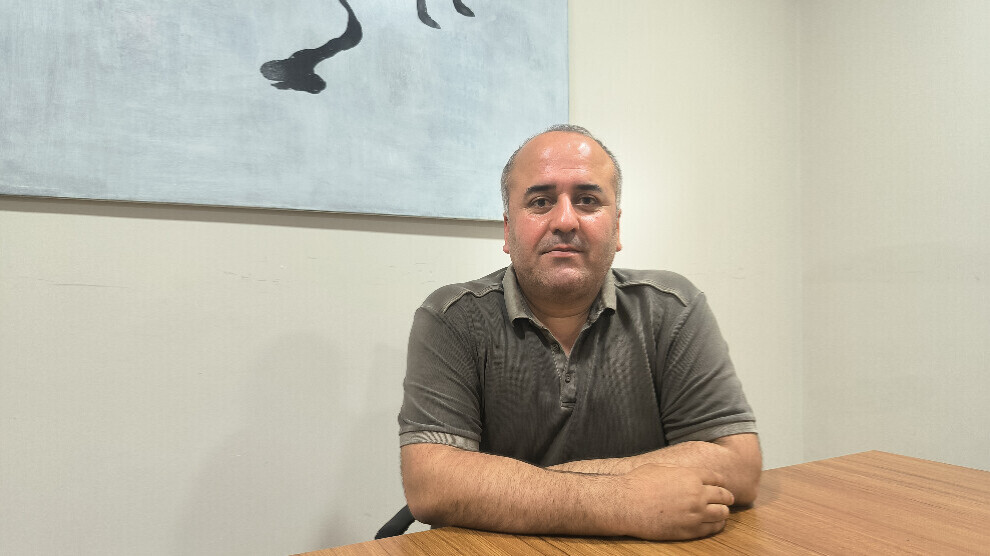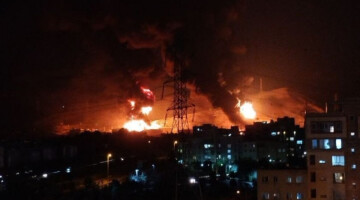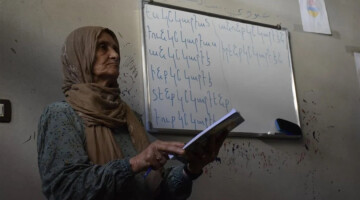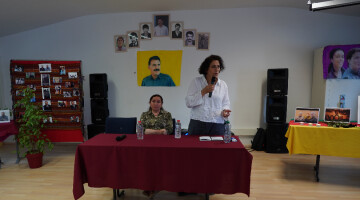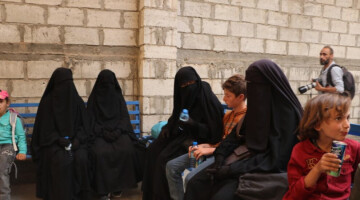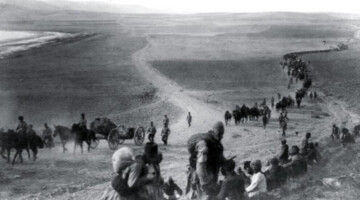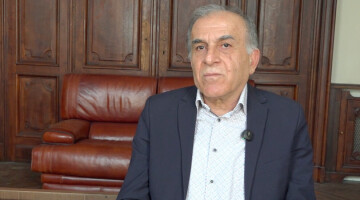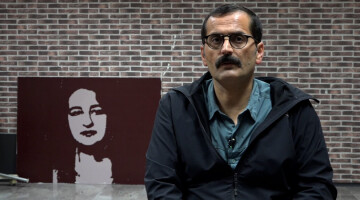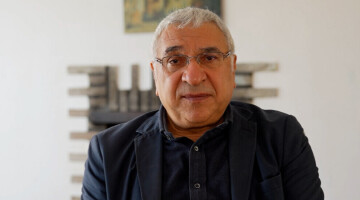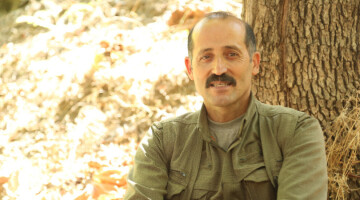After the war in Ukraine, Finland and Sweden asked to become members of NATO. This opened up further international options for Turkey. Although the cards played on the negotiating table varied in some areas, they generally included elements such as a blank check for an operation in Syria and the passage of "anti-terror" laws, particularly against the Kurds in Sweden and Finland. Turkey couldn't fit too much into this equation for Syria and didn't hesitate to put other demands on the table. While that deal was quick for Finland, for Sweden it took until the 11-12 July NATO summit in Lithuania.
Trilateral talks were held in Vilnius before the summit. Turkish President Erdoğan met with NATO Secretary General Jens Stoltenberg and Swedish Prime Minister Ulf Kristersson. Erdoğan promised to introduce the protocol on Sweden's accession to NATO to Turkey's Grand National Assembly. Swedish Prime Minister Ulf Kristersson's statements accepted the "terrorist stigma" demanded of Turkey and pledged to support Turkey's EU accession process, including visa liberalisation.
It's not yet clear if Turkey has anything to gain from the negotiations other than making promises on behalf of the EU, but Western media portrayed Erdoğan as a good negotiator and the US has signalled it will start exporting F16 fighter jets. ANF talked to Cengiz Çiçek, MP for the Green Left Party and member of the parliamentary committee on foreign affairs, about these developments and their consequences.
Turkey and Sweden reached an agreement in Vilnius. What does this agreement mean for Kurdish refugees living in Europe and for democracy?
It is obvious that this agreement is directed against the Kurdish people's desire for freedom as well as their achievements. This agreement proves that not only Turkey, but also NATO member states and European countries are sticking to their historical role in making the Kurdish question insoluble. And as the saying "Capitalism cuts down the tree whose shadow it cannot sell" reminds us, we see once again the reality of capitalist modernity, which does not hesitate to make the vital problems of the peoples and the oppressed the subject of negotiations when it comes to the economic and political interests of the states. The agreement signed between the AKP and the western bloc on Swedish NATO membership is therefore on a foundation that reproduces an anti-Kurdish attitude.
This can be read as a kind of insistence on the Treaty of Lausanne, which divided the Kurdish territory into four parts a hundred years ago and made decisions for a Kurdistan without Kurds and without Kurdish participation. The NATO agreement can be described as an update of the Treaty of Lausanne. However, the Kurdish people's sense of freedom, achievement and level of organization are so advanced that it can’t be compared to what it was a hundred years ago. Likewise, the international legitimacy of the Kurdish people's struggle and the international relations it has developed in the eyes of the peoples of the region and the world are clear to all. For the Kurdish people, history will not repeat itself again and this hundred-year conspiracy will come to an end.
How is the Green Left Party dealing with these developments?
We call on the western powers and the Turkish state to withdraw from this dirty deal. Of course, with our level of struggle and organization, we will continue to defend the Kurdish people's struggle for status and freedom and the universal values of the oppressed peoples against all kinds of repression coming from this agreement. It is easy for everyone to see that the AKP government has based its foreign policy entirely on anti-Kurdish feelings, particularly over the past seven years. We are not at all surprised that the negotiations between Sweden and NATO are taking place within this framework. Concrete agreements were made behind closed doors.
As a party, we have said that we understand the security concerns of the Swedish people following the Russian invasion of Ukraine. However, we have also said that these concerns cannot be dealt with in the context of NATO enlargement. On the contrary, this enlargement has the potential to escalate tensions and imperialist wars. The Swedish government has trampled on the values it claims to defend by making or allowing another people to be the subject of negotiations.
So, if those responsible in Sweden believe that this deal will be limited to sacrificing the Kurds, then they are very wrong. Any concession made in favor of the state and capital means a concession sacrificing the democratic values on which their system is built. History is full of dramatic examples of this. In this regard, we reiterate our call to the Swedish government to avoid such dirty deals, which will turn into a boomerang against them.
Turkey has demanded that the road be cleared for EU membership. However, the country is far from aligning with EU standards and several leaders have said Turkey's membership is not on the agenda. Turkey is, of course, aware of this, but what exactly was Erdoğan's political move aimed at?
It wasn't really anything new for us. Erdoğan expresses his demand for EU membership once a year. After that, he puts into practice everything that contradicts expectations in relation to the accession criteria. He made a similar statement in the opening speech in Parliament last year and the year before. Therefore, we see this statement as Erdoğan's traditional reminder of the EU.
We know very well that EU membership is based on meeting certain criteria. Everyone can see that Turkey is far from meeting these criteria and it keeps moving away from them. The government pragmatically uses the internal contradictions of world powers to ensure the elimination of the Kurds. In order to keep its collapsing economy afloat, it is pathetically willing to do unlimited service to the West in refugee policy.
Currently, some Western powers are speaking positively about Turkey's EU accession and visa liberalization. Erdoğan is also talking about it. Looking at Turkey, we can see that the AKP and Erdoğan are in a deep crisis in terms of political, economic and social approval. They may have won the last election on unequal terms, but they themselves are aware of the fact that, politically, they have lost. Therefore, with this move, Erdoğan invited global capital to further exploit the country by ensuring the inflow of fresh money. The fact that the country is one of the largest drug trafficking centers in the world is directly related to this character of the government.
The negotiations between the West and Turkey involve several issues. As a result of NATO membership, it was signalled that the US would authorize the sale of F16 fighter jets. How do you assess this?
We are aware that capitalist modernity is in deep chaos, both ideologically and politically, and that it is running into serious difficulties in its reproduction. To get out of this current situation, new avenues of capital accumulation will be opened both by the polarization between peoples caused by wars and by the security industry. For example, the Central International Peace Research Institute (SIPRI) announced that global military spending reached $2.24 trillion in 2022, an increase of 3.7 percent. It is said that this increase - the highest ever - is mainly in Europe and Asia. Indeed, breaking impasses through the use of war has become a global phenomenon of capitalist modernity.
Within this framework, the pledge to give Turkey F16 in exchange for Sweden's NATO membership will increase military spending and further increase popular poverty, while this military spending will further integrate Turkey into the global capital order. In addition, Turkey has to quickly clarify which side it takes in the NATO-Russia conflict.
In view of this reality, it is necessary to build a global peace and freedom movement that goes beyond the local situation and is directed against capitalist modernity. We must quickly prepare to create contacts and common ground that will hold social life together against the sovereignty wars between states. In the 21st century, revolutions will only be possible if we work towards unity and partnership in the ideological, political and social struggle of the oppressed worldwide.

